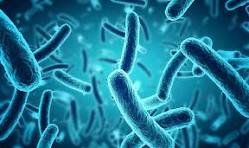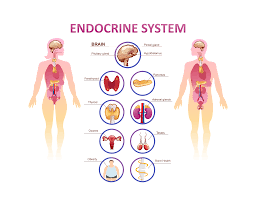Endocrinology is the branch of biology that focuses on the study of the endocrine system, its glands, hormones, and the regulatory mechanisms that control physiological processes in living organisms. This course provides learners with a comprehensive understanding of how hormones influence growth, metabolism, reproduction, and homeostasis.
The course introduces students to the anatomy and physiology of major endocrine glands, including the pituitary, thyroid, parathyroid, adrenal glands, pancreas, gonads, and pineal gland. It further explores the synthesis, secretion, transport, and action of hormones at cellular and molecular levels. Special emphasis is placed on hormonal interactions, feedback mechanisms, and the integration of the endocrine system with the nervous and immune systems.
In addition, the course examines endocrine disorders such as diabetes mellitus, thyroid dysfunctions, adrenal insufficiency, and reproductive hormone imbalances, highlighting their diagnosis and management. Practical sessions and case studies will equip learners with applied knowledge relevant to biomedical sciences, clinical practice, and research.
Overall, this course prepares students with foundational skills and insights into endocrinology, enabling them to understand the role of hormones in maintaining health and to appreciate the clinical significance of endocrine dysfunctions.


